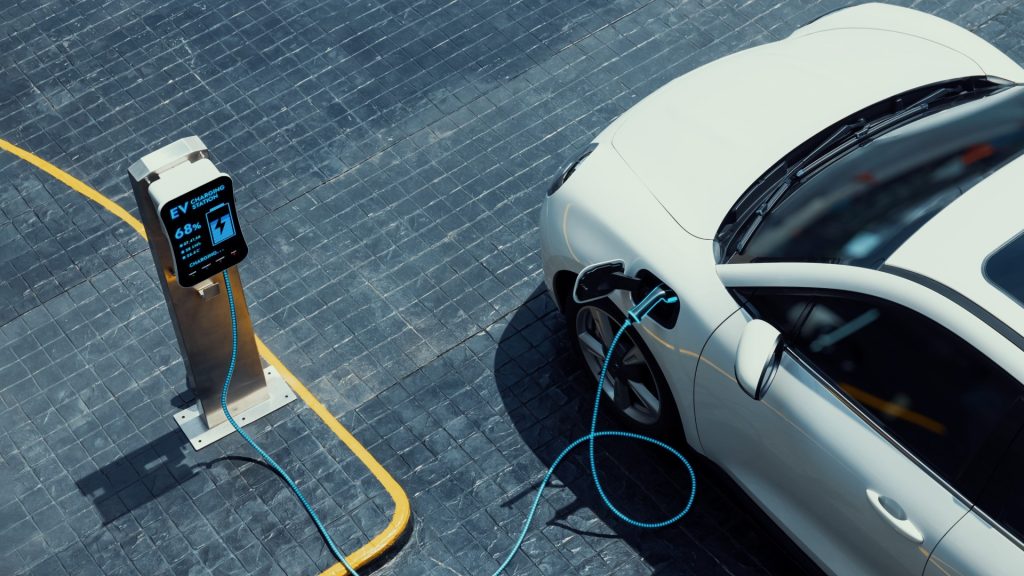The EU has voted to impose steep tariffs on Chinese electric vehicles.
Others are reading now
After months of debate, the European Union has taken a decisive step by voting to impose higher tariffs on Chinese electric vehicles.
A majority of European countries have voted in favor of increasing tariffs on electric cars imported from China.
The European Commission, the EU’s executive arm, had already introduced varying degrees of import tariffs earlier this year to protect the region’s car industry from being undercut by the influx of cheaper Chinese vehicles.
With the latest vote, the tariffs have now become official, raising duties on Chinese electric cars from 10 percent to 45 percent for the next five years.
Also read
However, not all member states supported the move.
Five countries, including Germany and Hungary, opposed the tariffs, while another 12 abstained.
In total, 10 member states, including France, Italy, and Poland, voted in favor of the new tariffs.
The decision follows an EU investigation into the level of state aid received by Chinese car manufacturers, which European politicians argue gives them an unfair advantage over local brands.
As a result of the probe, the European Commission imposed individual duties on three major Chinese EV brands: SAIC, BYD, and Geely, according to the BBC.
Currently, the EU is the largest overseas market for China’s electric vehicle industry, while Germany’s car manufacturing sector is heavily reliant on exports to China.
According to The Guardian, BMW and Volkswagen have criticized the EU’s decision, with BMW calling it a “fatal signal” for the European car industry, and Volkswagen labeling it the “wrong approach.”
Despite the tariffs, the European Commission has indicated that the EU and China will “work hard to explore an alternative solution” in the coming years.
China’s Commerce Ministry condemned the decision as “unfair” and “unreasonable,” sparking concerns about potential retaliatory measures against other European exports into China.


